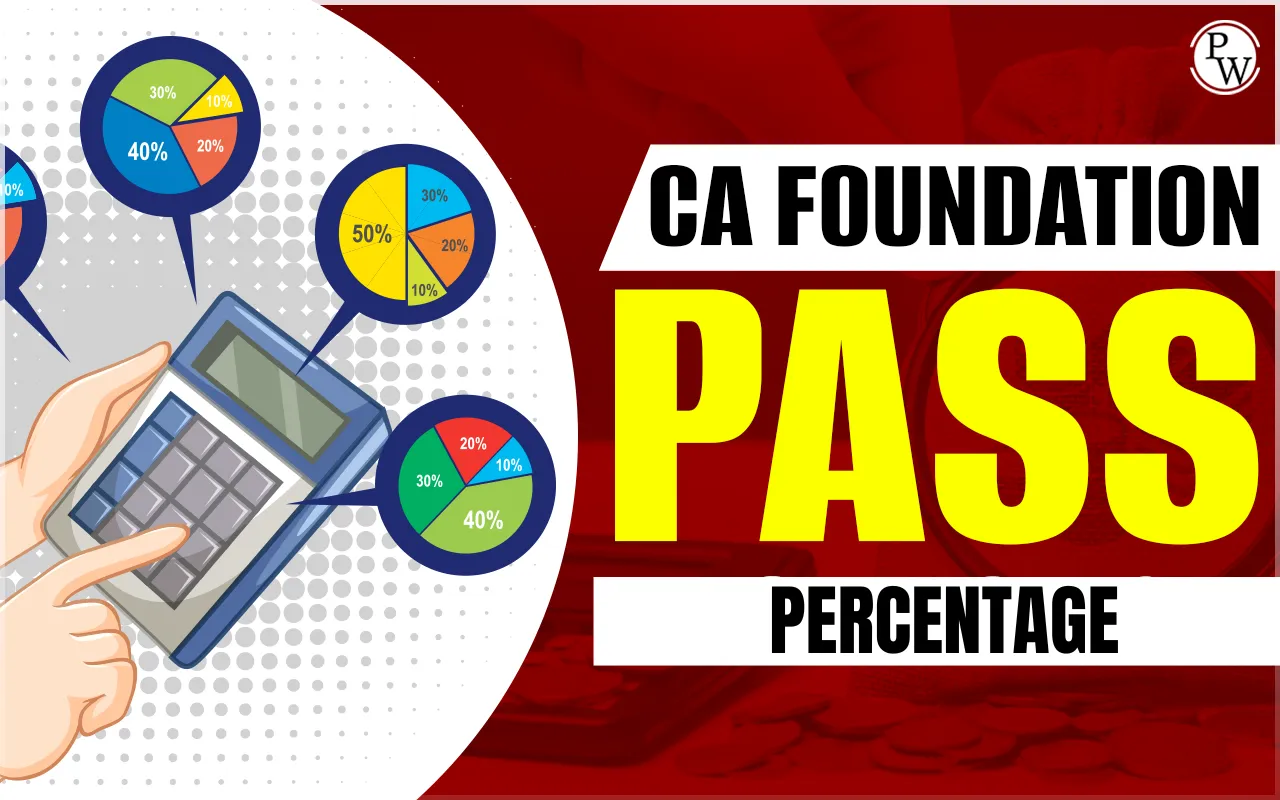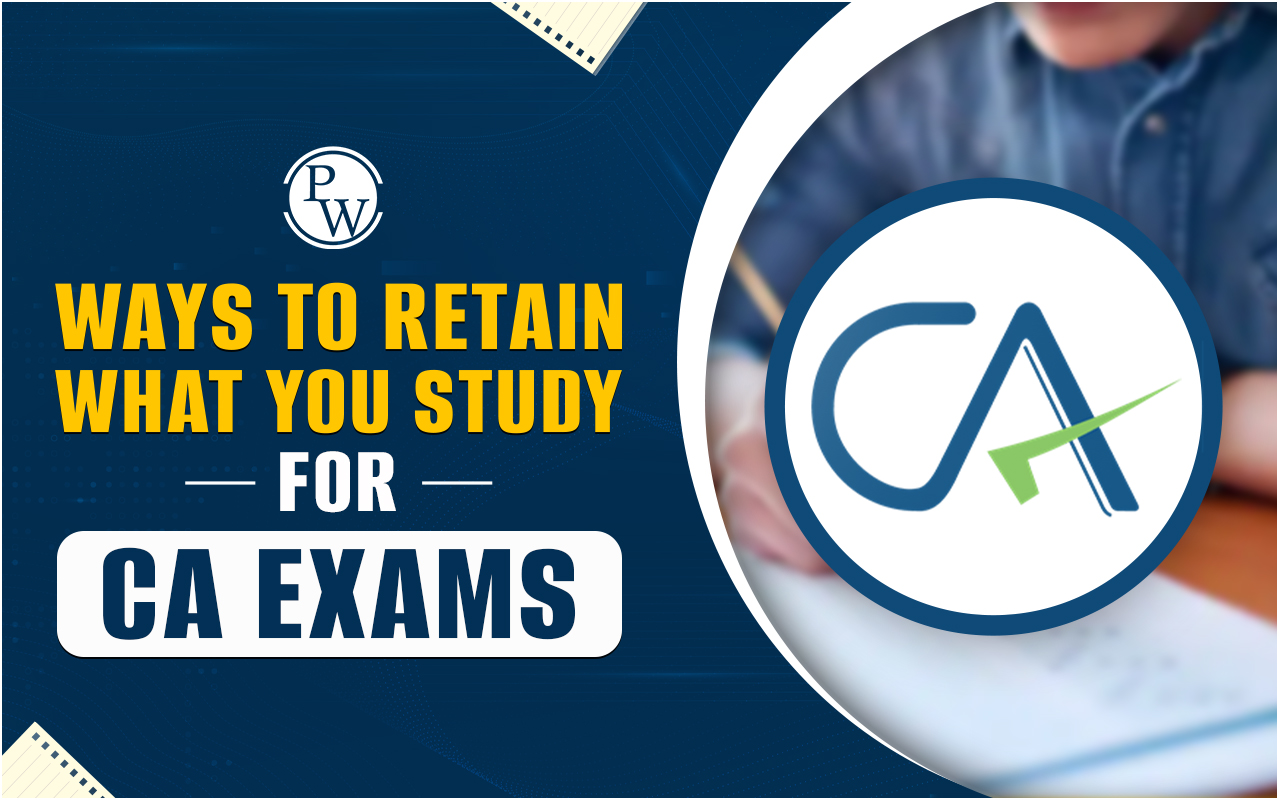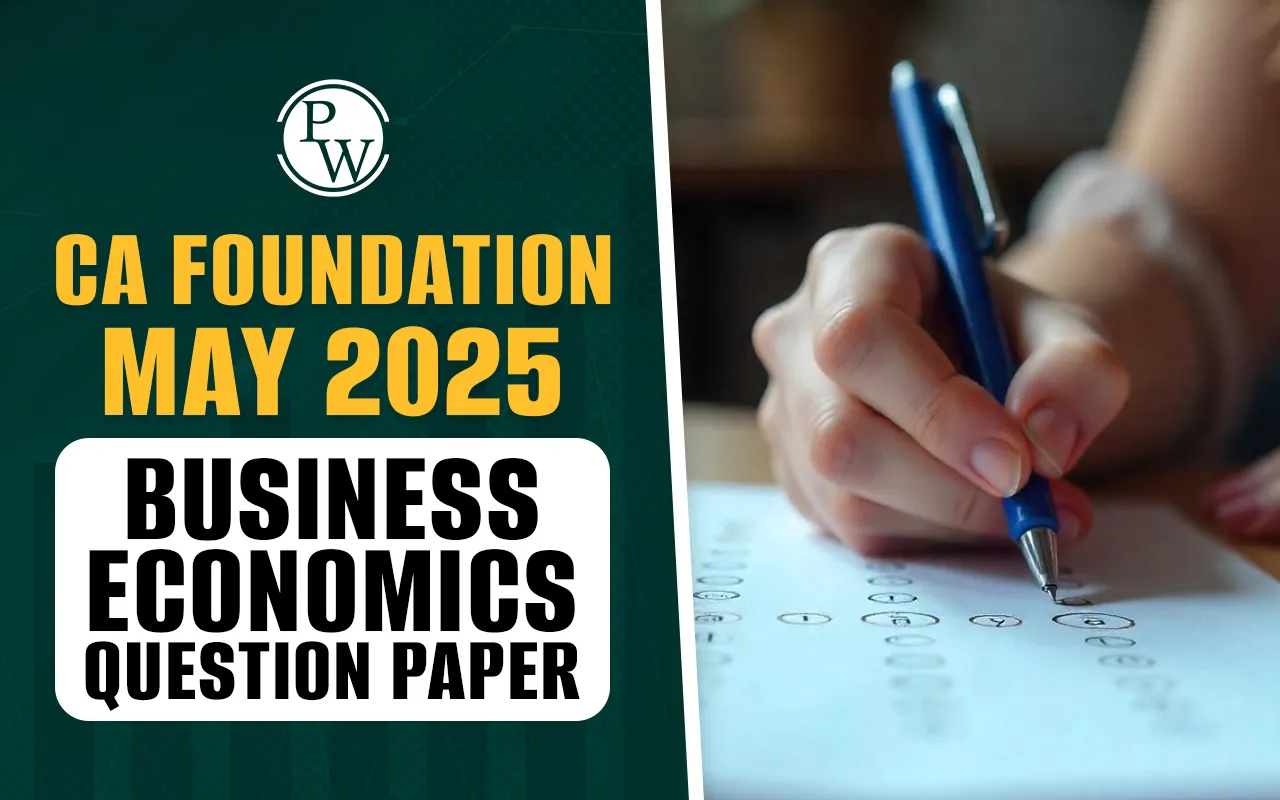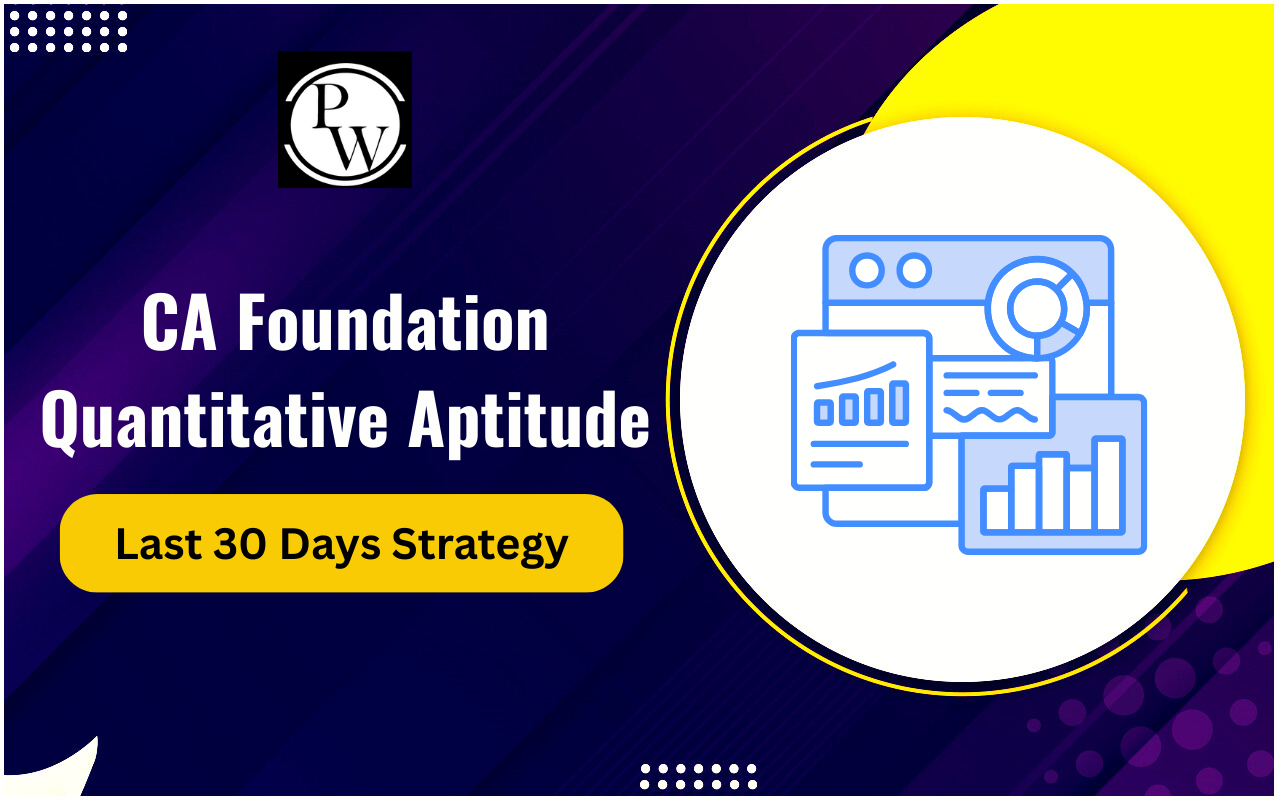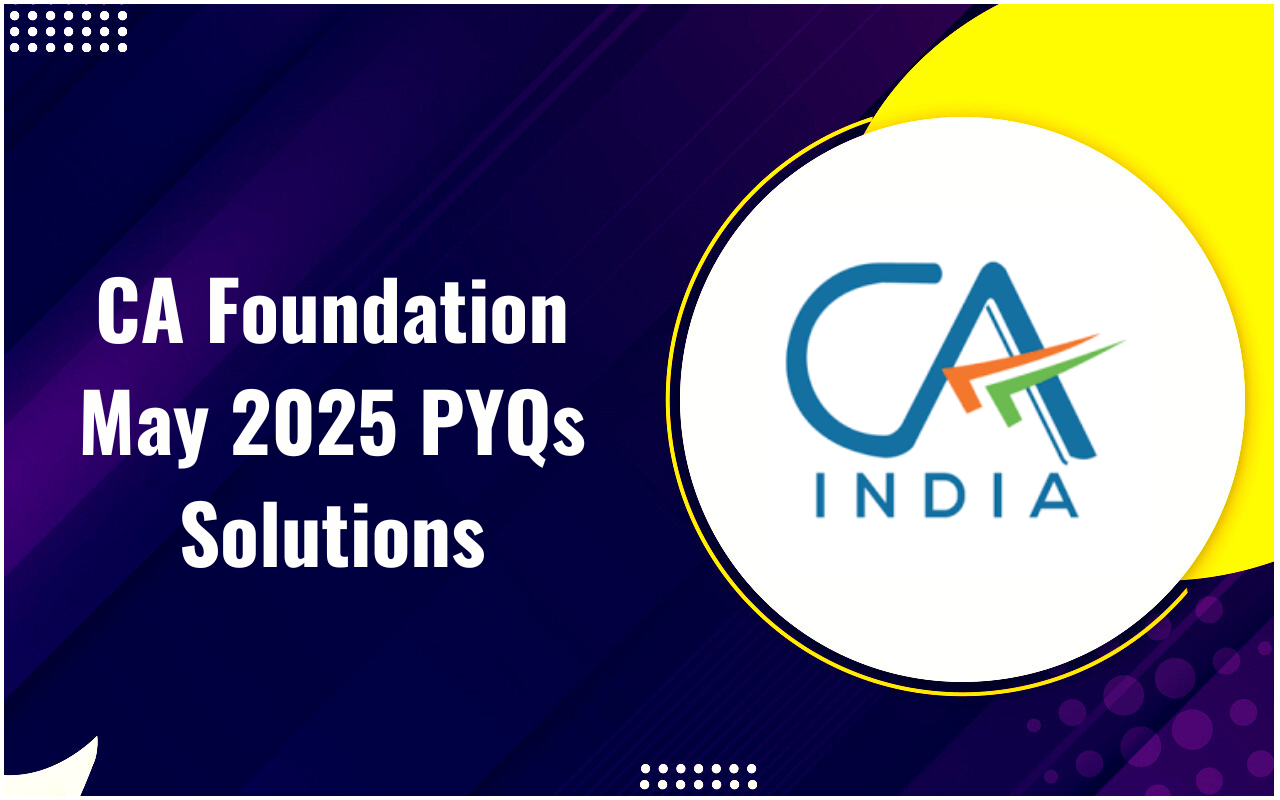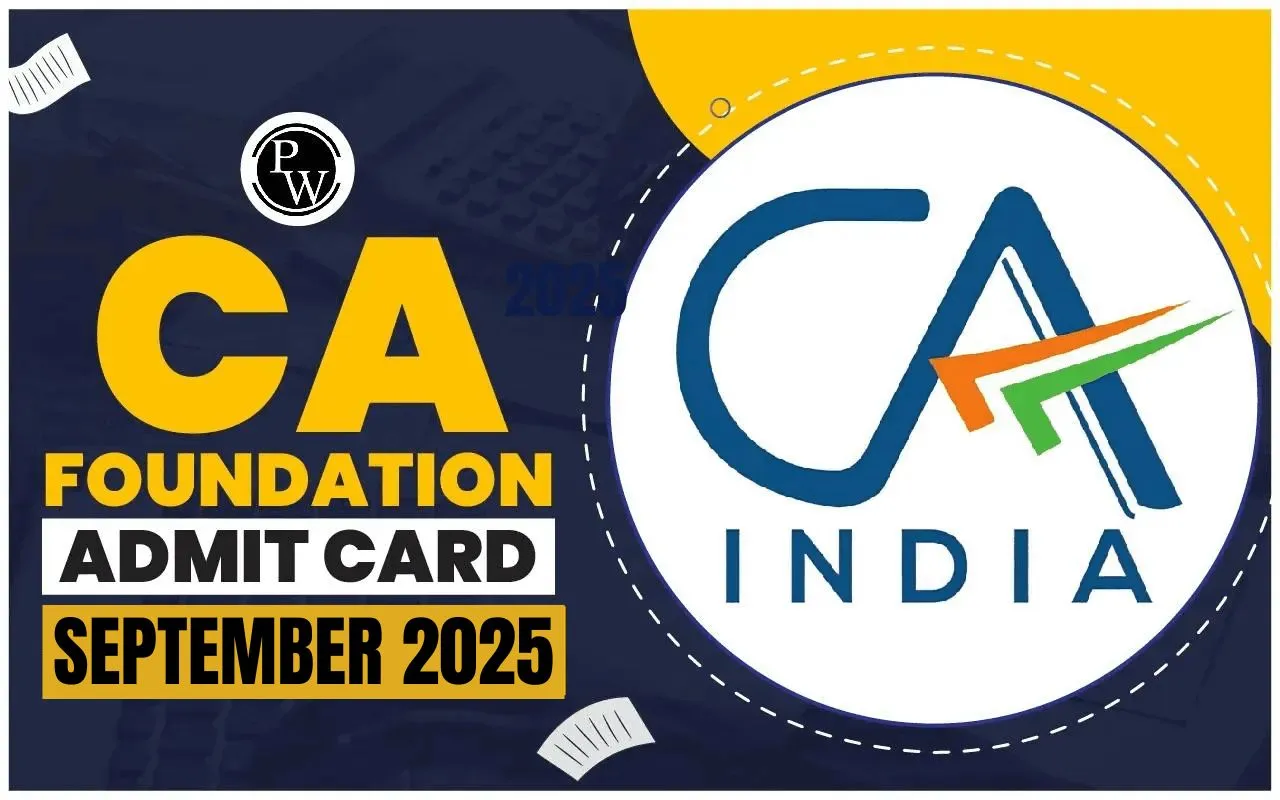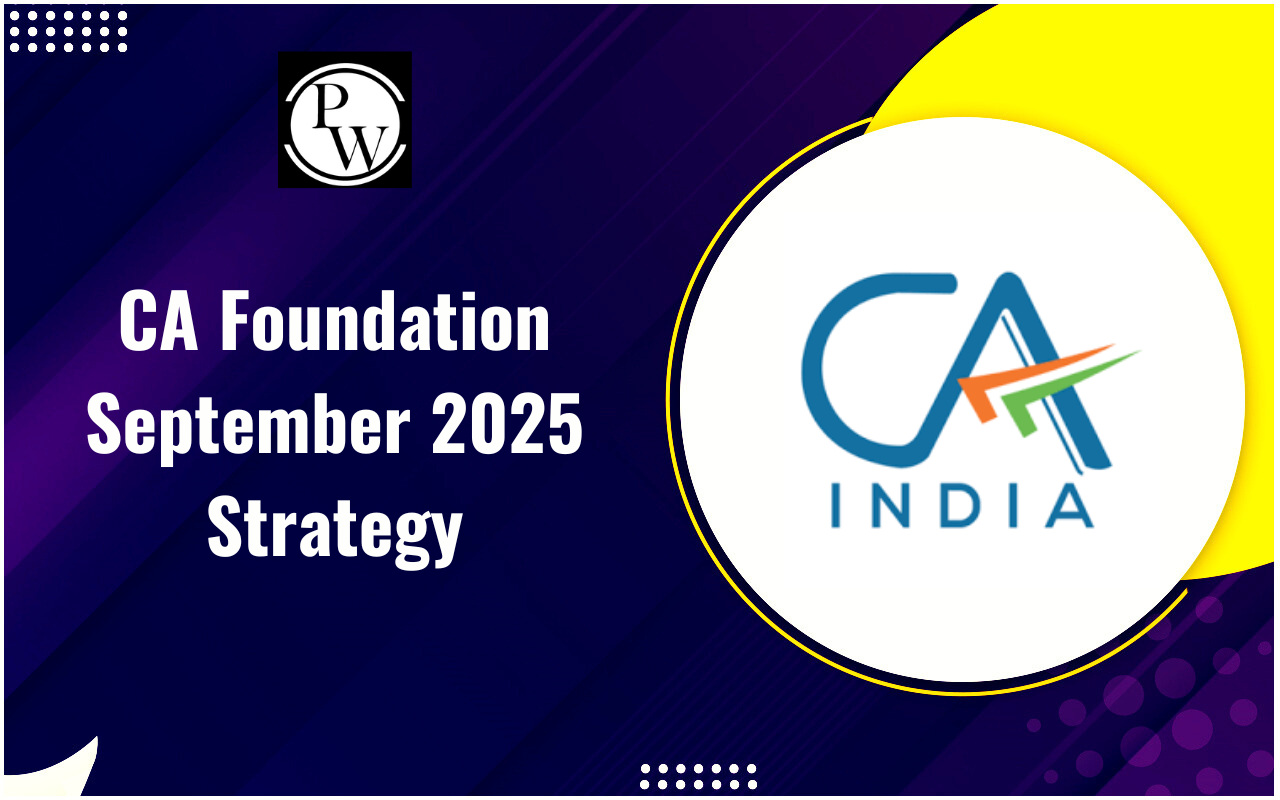
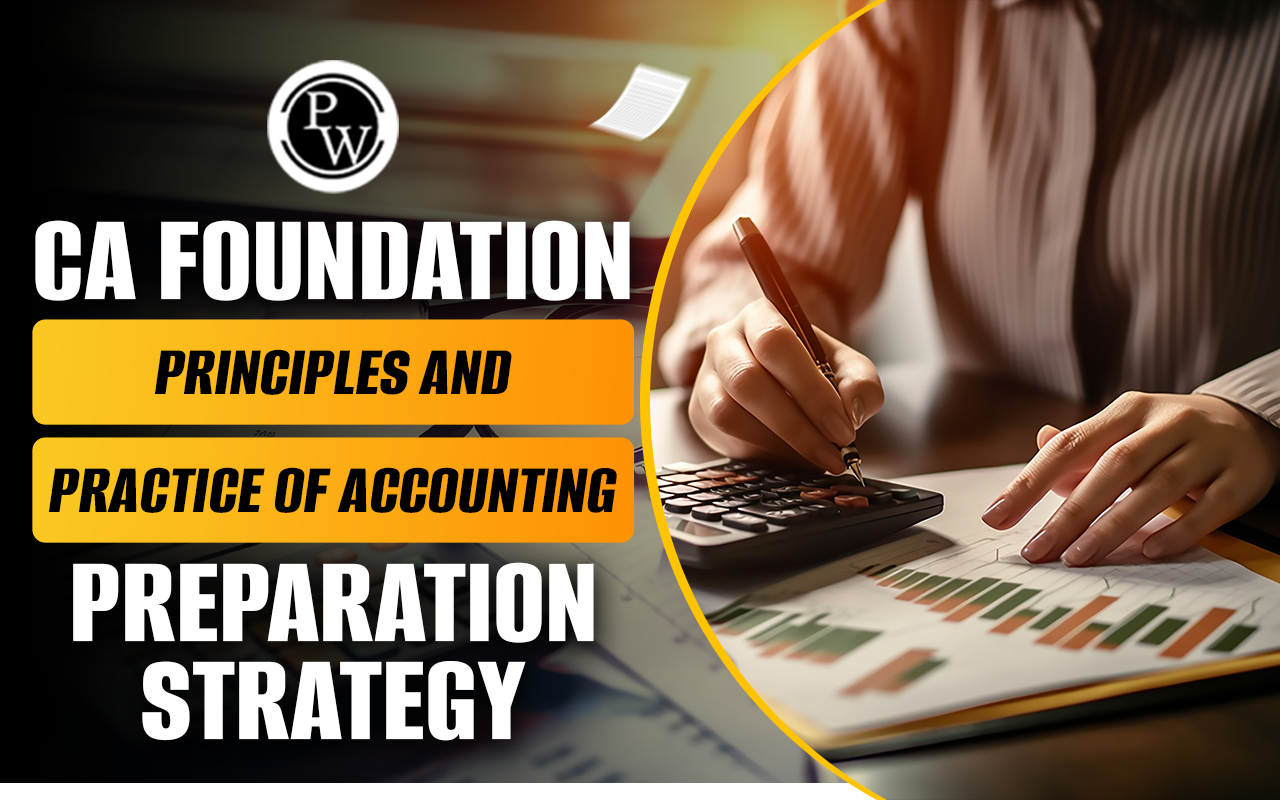
Principles and Practice of Accounting Preparation Strategy: Starting your journey to prepare for CA Foundation Paper 1: Principles and Practice of Accounting can be both exciting and challenging. To navigate this crucial exam successfully, it's essential to adopt a strategic approach that aligns with the intricacies of accounting principles.
In this guide, we'll explore practical tips and tricks designed to simplify your preparation, ensuring you build a strong foundation for success in the Principles and Practice of Accounting paper. Let's dive into an easy-to-follow Principles and Practice of Accounting Preparation Strategy tailored to make your exam journey more manageable and effective.Principles and Practice of Accounting Paper Structure
The CA Foundation Course (CAFC) Accounts paper emphasizes practical aspects, comprising approximately 80% numerical questions and 20% theory. Paper Pattern:- Compulsory Question 1:
- 6 True or False questions (2 marks each).
- Additional questions for the remaining 8 marks, which can be numerical or descriptive.
- Question Selection:
- Students must attempt any 4 questions from the remaining 5 (Q No. 2 to 6).
- Main Question Structure:
- Each main question is worth 20 marks.
- Divided into 2-3 sub-questions, varying between 5-15 marks.
- Theoretical Questions:
- One or two theoretical questions of 5 marks each are included.
Principles and Practice of Accounting Preparation Strategy 2024
Check here for the CA Foundation Paper–1 Principles and Practice of Accounting Preparation Strategy 2024:- Understanding the Syllabus: The first step in crafting a successful preparation strategy is a thorough understanding of the syllabus. The CA Foundation Principles and Practice of Accounting syllabus for 2024 covers essential topics such as accounting principles, accounting standards, preparation of financial statements, and partnership accounts. Devote time to create a detailed syllabus breakdown, ensuring no topic is overlooked.
- Resource Selection: Choose study materials wisely. Opt for renowned textbooks, reference guides, and online resources that align with the updated syllabus. Consider using materials specifically designed for the 2024 exam to ensure relevance and accuracy. Additionally, explore online platforms offering video lectures and practice quizzes to enhance your understanding.
- Time Management: Efficient time management is crucial. Create a realistic study schedule that allocates ample time for each topic. Prioritize areas of weakness while ensuring a balanced coverage of the entire syllabus. Remember to include regular breaks to maintain focus and prevent burnout.
- Conceptual Clarity: Rather than rote learning, focus on achieving conceptual clarity. Principles and Practice of Accounting demand a strong foundation in accounting principles. Take the time to understand the underlying concepts, as this knowledge will prove invaluable during the exam.
- Practice Regularly: Practice is the key to mastering accounting. Solve a wide range of problems, including those from past years' exam papers. This not only reinforces your understanding but also familiarizes you with the exam pattern and time constraints. Consider joining an online test series to simulate exam conditions.
- Revision Strategy: Regular revision is non-negotiable. Set aside time to go over previously discussed subjects. Create concise notes summarizing key concepts, formulas, and accounting standards. Flashcards can also be an effective tool for quick review.
- Seek Expert Guidance: If you encounter challenges, don't hesitate to seek guidance from experienced mentors, teachers, or online forums. Discussing doubts with peers or teachers can provide different perspectives and deepen your understanding of complex topics.
- Mock Exams: In the final stages of preparation, incorporate mock exams into your routine. This helps in refining your time management skills, identifying weak areas, and building confidence. Analyze your performance in these mock exams to fine-tune your strategy in the days leading up to the actual exam.
- Stay Updated: Accounting standards and regulations are subject to change. Stay abreast of any updates or amendments to the syllabus. This ensures that your preparation remains aligned with the latest requirements, giving you a competitive edge in the exam.
Principles and Practice of Accounting Preparation Strategy: Chapter-wise
A strategic approach is key when gearing up for the CA Foundation exam , especially tackling the Principles and Practice of Accounting paper. In this guide tailored for 2024, we'll unravel effective Principles and Practices of Accounting preparation strategy, steering clear of ad-hoc selective studies and embracing a method of smart studying. Despite the extensive syllabus, avoid the trap of haphazard selective studies. Opt for smart studying and ensure a crystal-clear understanding of all concepts within the Accounting Principles and Practice.Equal Weightage to All Chapters:
Don't fall into the misconception that certain chapters carry more weight. ICAI typically covers all chapters in the question paper, giving each almost equal weightage. Understanding this fundamental principle helps you plan your study time more efficiently for the Principles and Practice of Accounting Preparation Strategy. Trends and Observations in Past Papers: Reviewing trends from past examination papers provides valuable insights into question patterns within the Principles and Practice of Accounting.- Preparation of Final Accounts:
- Practical questions ranging from 10 to 15 marks are common within the Principles and Practice of Accounting.
- Partnership Accounts:
- Individual 5 marks question on goodwill.
- 10 marks practical questions on admission, retirement, or death are recurrent themes in the Principles and Practice of Accounting.
- Financial Statements of Not-for-Profit Organizations:
- 10 to 15 marks for practical questions.
- 5 marks question on individual adjustments, emphasizing the practical nature of the Principles and Practice of Accounting.
- Company Accounts:
- 10 marks practical question on shares, debentures, or a combination.
- Questions on issues, forfeiture, re-issue of shares, and debentures are integral to the Principles and Practice of Accounting.
- Accounting for Depreciation:
- 10 marks practical question, emphasizing application-based learning in the Principles and Practice of Accounting.
- Inventories:
- 10 marks practical question, reinforcing the need for practical application in the Principles and Practice of Accounting.
- Bill of Exchange and Promissory Notes, Consignment:
- 10 marks practical question, highlighting the practical aspect of the Principles and Practice of Accounting.
- Bank Reconciliation Statement, Rectification of Errors:
- 10 marks practical question.
- 5 to 10 marks practical question, underscoring the practical nature of the Principles and Practice of Accounting.
- Accounting Process, Journal and Ledger, Trial Balance:
- 5 marks practical question from anyone, emphasizing the application of theoretical concepts within the Principles and Practice of Accounting.
- Theoretical Framework (all 9 units):
- Introductory Theory on Partnership Accounts and Company Accounts.
- True or False Questions.
- 5 marks theory question, stressing the importance of theoretical understanding alongside practical application in the Principles and Practice of Accounting.
Strategic Revision Approach for Principles and Practice of Accounting:
First Revision - Incorporating Newer Chapters: Start with newer chapters not studied before, like consignment and inventories, within the Principles and Practice of Accounting. Follow this with familiar 12th Std. Syllabus chapters. CAFC includes similar questions but at a higher difficulty level, aligning with the evolving nature of the Principles and Practice of Accounting. Second Revision - From Lengthier to Smaller Chapters: Commence with lengthier chapters featuring more elaborate questions within the Principles and Practice of Accounting. Follow up with smaller yet equally important chapters and conclude with theory, ensuring a holistic understanding of the Principles and Practice of Accounting. Embrace this tailored Principles and Practice of Accounting Preparation Strategy in 2024. Remember, consistency and a strategic approach are your allies on this journey of mastering the Principles and Practice of Accounting.Principles and Practice of Accounting Preparation Strategy: Writing Skills
Accounting papers are notorious for their length, but with strategic planning, you can navigate through them successfully. Here are some practical tips to enhance your Principles and Practice of Accounting preparation strategy:- Practice Writing Answers in Advance: Accounting papers often require lengthy answers. Practice writing a few answers for each chapter in advance to familiarize yourself with the expected format.
- Utilize Reading Time Wisely: The 15 minutes of reading time is crucial. Use it judiciously to strategize how you'll approach the paper. Skim through questions and plan your order of attempts.
- Choose the Right Order: Optimal time management is key. Choose the right order for attempting the paper to ensure you cover at least 40 marks within the first 1-1.25 hours. This sets a strong foundation for the rest of the paper.
- Move On If Stuck: If you find yourself stuck on a particular question, don't linger. Move ahead to the next one. Time management is critical, and getting stuck on a single question can jeopardize the entire paper.
- Format Matters: Ensure all formats in your answers are well-structured. Headings, "Dr." and "Cr." at the top of each ledger, neatly drawn lines with a ruler, and a clear rupee symbol on top of the amount columns enhance the presentation of your answers.
- Comprehensive Working Notes: Working notes play a crucial role. Provide detailed and comprehensive working notes that explain all calculations. This not only reinforces your understanding but also earns you valuable marks.
- Answer Every Question : Don't skip any questions. Even if you don't know the entire solution, attempt to explain as many steps as possible. Partial answers can still earn you marks.
Principles and Practice of Accounting Preparation Strategy: Exam Day Challenges
Facing challenges during the exam can be daunting, but with these strategic Principles and Practice of Accounting Preparation Strategy, you can navigate these hurdles effectively.- Inability to Logically Present Answers:
- Challenge: Difficulty in thinking logically and presenting answers to new questions.
- Solution: Practice writing answers during revisions. Focus on ICAI's answer format and know when to enhance clarity through detailed working notes.
- Recollection and Association of Topics:
- Challenge: Struggling to recall and associate questions with related topics.
- Solution: Participate in mock exams under time constraints. This helps simulate exam conditions and trains you to handle diverse topics simultaneously.
- Scoring Well in Theory-Based Questions:
- Challenge: Difficulty in scoring well in theory-based questions.
- Solution: Use the right vocabulary; stick to keywords emphasized by ICAI. Understanding and using the correct terminology enhances your chances of scoring better in theoretical portions.
- Inability to Manage Time Efficiently:
- Challenge: Trouble managing time within the exam duration.
- Solution: Avoid spending excessive time on a single question. If you find a question challenging, designate time for it at the end of the paper. This ensures you allocate time efficiently across all questions.
Principles and Practice of Accounting Preparation Strategy FAQs
How do I prepare for CA Foundation accounts?
To prepare for CA Foundation accounts, start by designing a study schedule. Joining a good coaching class can provide structured guidance. Make certain that you have a clear understanding of the syllabus and exam schedule. Focus on the study material provided and create your own notes. Break down complex topics, take mock tests, solve previous years' papers, and pay attention to presenting your answers well. Also, for more details on the Principles and Practice of Accounting Preparation Strategy, check the above article.
Why is CA Foundation Principles and Practice of Accounting difficult?
CA Foundation Principles and Practice of Accounting might be challenging due to its extensive syllabus and practical nature. The need for logical thinking and application of accounting principles can make it demanding. However, with a strategic study plan and consistent practice, the difficulty can be overcome. Also, for more details on the Principles and Practice of Accounting Preparation Strategy, check the above article.
Can I pass CA Foundation Principles and Practice of Accounting easily?
Passing the CA Foundation Principles and Practice of Accounting requires dedicated effort and a systematic study approach. While it might not be "easy," with proper preparation, understanding of concepts, and regular practice, you can increase your chances of success. Consistency and focused efforts play a significant role in achieving a favourable outcome. Also, for more details on the Principles and Practice of Accounting Preparation Strategy, check the above article.
How can I manage time effectively while preparing for CA Foundation accounts?
Managing time effectively involves creating a realistic study schedule, breaking down topics into manageable chunks, and allocating time wisely. Prioritize challenging areas, take short breaks to avoid burnout, and use techniques like the Pomodoro method. Consistent time management ensures comprehensive coverage of the syllabus without feeling overwhelmed. Also, for more details on the Principles and Practice of Accounting Preparation Strategy, check the above article.
Is it necessary to join a coaching class for CA Foundation Principles and Practice of Accounting?
While not mandatory, joining a coaching class can be highly beneficial. A good coaching class provides structured guidance, clarifies doubts, and offers valuable insights into exam patterns. It enhances your understanding of complex topics and provides a supportive learning environment. However, self-study is also possible with the right study materials and a disciplined study plan. Also, for more details on the Principles and Practice of Accounting Preparation Strategy, check the above article.
Talk to a counsellorHave doubts? Our support team will be happy to assist you!

Free Learning Resources
PW Books
Notes (Class 10-12)
PW Study Materials
Notes (Class 6-9)
Ncert Solutions
Govt Exams
Class 6th to 12th Online Courses
Govt Job Exams Courses
UPSC Coaching
Defence Exam Coaching
Gate Exam Coaching
Other Exams
Know about Physics Wallah
Physics Wallah is an Indian edtech platform that provides accessible & comprehensive learning experiences to students from Class 6th to postgraduate level. We also provide extensive NCERT solutions, sample paper, NEET, JEE Mains, BITSAT previous year papers & more such resources to students. Physics Wallah also caters to over 3.5 million registered students and over 78 lakh+ Youtube subscribers with 4.8 rating on its app.
We Stand Out because
We provide students with intensive courses with India’s qualified & experienced faculties & mentors. PW strives to make the learning experience comprehensive and accessible for students of all sections of society. We believe in empowering every single student who couldn't dream of a good career in engineering and medical field earlier.
Our Key Focus Areas
Physics Wallah's main focus is to make the learning experience as economical as possible for all students. With our affordable courses like Lakshya, Udaan and Arjuna and many others, we have been able to provide a platform for lakhs of aspirants. From providing Chemistry, Maths, Physics formula to giving e-books of eminent authors like RD Sharma, RS Aggarwal and Lakhmir Singh, PW focuses on every single student's need for preparation.
What Makes Us Different
Physics Wallah strives to develop a comprehensive pedagogical structure for students, where they get a state-of-the-art learning experience with study material and resources. Apart from catering students preparing for JEE Mains and NEET, PW also provides study material for each state board like Uttar Pradesh, Bihar, and others
Copyright © 2025 Physicswallah Limited All rights reserved.



